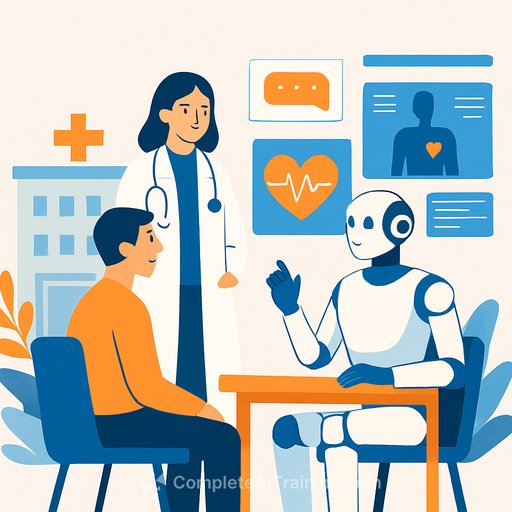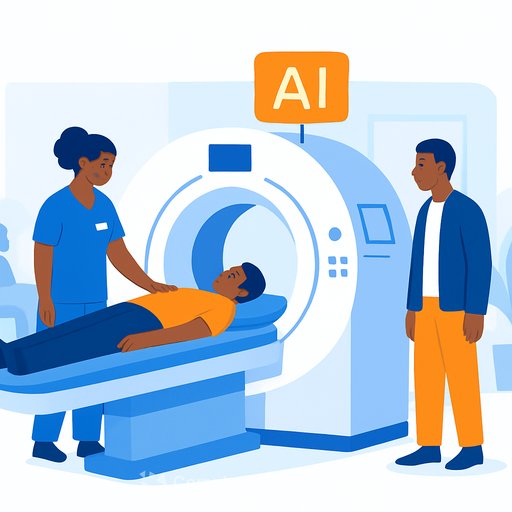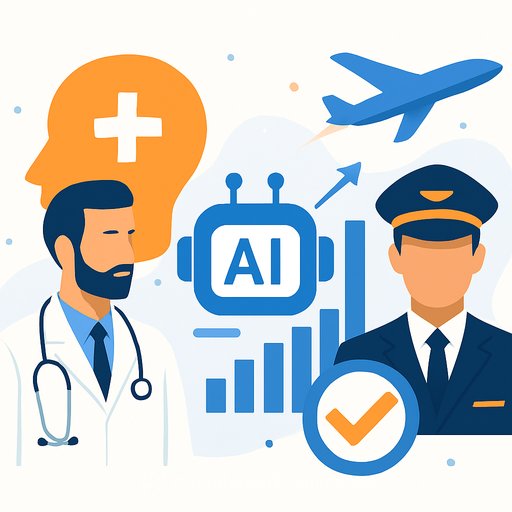Forget the Stethoscope: China’s Agent AI Hospital Brings Healthcare into the Digital Age
Artificial Intelligence (AI) is transforming industries at an unprecedented pace, and healthcare is no exception. China’s Agent AI Hospital, launched in 2024, introduces a fully virtual, AI-powered medical facility that simulates the entire healthcare process without human clinicians physically present. This development hints at a new model for patient care, but it also raises questions about the implications for medical professionals and patients alike.
What is the Agent AI Hospital?
Built by researchers at Tsinghua University, Agent AI Hospital uses large language model (LLM)-powered autonomous agents to replicate every step of the patient journey — from registration and consultation to diagnosis, treatment, and follow-up. The system’s core technology, MedAgent-Zero, is supported by the Zijing AI Doctor network, which includes 42 AI specialists trained to manage over 300 diseases across 21 clinical fields.
These AI doctors go beyond simple chatbots. They analyze millions of simulated cases to diagnose, recommend treatments, and plan interventions autonomously, achieving accuracy rates above 93%. The system can handle up to 10,000 patients in a few days—a workload that would take human doctors months or even years.
How Does It Work?
The Agent AI Hospital operates using advanced machine learning and natural language processing. AI doctors analyze vast medical datasets and interact with virtual patients in a closed-loop environment. This setup allows the system to continuously learn and improve through simulations and pilot programs.
Liu Yang, head of the research team, emphasizes that beyond patient care, this virtual hospital serves as a training platform. Medical students can practice diagnosing and performing procedures safely without risk to real patients, offering a practical way to build skills in complex medical techniques.
Key Features of the AI Hospital
- Accessibility: AI hospitals can address doctor shortages in underserved regions by providing remote care without the need for physical infrastructure, cutting operational costs.
- Speed: Faster diagnosis and treatment plans reduce patient waiting times significantly.
- Precision: Constant access to the latest data ensures highly accurate treatment recommendations.
- Training Opportunities: Medical students gain hands-on experience in a safe, virtual space before working with real patients.
- Efficiency: The ability to treat thousands of patients daily offers a potential solution to overcrowded healthcare systems.
Potential Challenges and Concerns
Despite its advantages, AI in healthcare raises ethical and practical concerns. Compassionate care is difficult to replicate with machines, and some patients may hesitate to trust AI with their health. Additionally, AI’s expanding role could disrupt employment for healthcare workers, fueling fears of job displacement.
For many rural communities, however, AI hospitals could be life-changing. Consider a woman in a remote area who falls ill without easy access to clinics or transport. Virtual consultations with AI doctors could offer timely diagnoses and treatment plans, avoiding long and difficult trips to overcrowded hospitals. This model promises to improve healthcare access for vulnerable populations.
The Bigger Picture: AI in Global Healthcare
China’s Agent AI Hospital is part of a global trend integrating AI into medicine. The US, Japan, and other countries explore AI-assisted diagnostics, robotic surgery, and wellness technologies. For example, Japan’s Mirai Ningen Sentakuki aims to improve physical wellness through unique AI applications.
Tsinghua University has begun pilot programs incorporating AI in real hospitals, including Beijing Tsinghua Changgung Hospital. These programs blend AI tools with human expertise in specialties like ophthalmology, radiology, and respiratory medicine, signaling a gradual move toward practical adoption.
China plans to invest over $1.4 trillion in AI development by 2030, underscoring its commitment to reshaping healthcare on a large scale. This includes training a new generation of “AI-collaborative physicians” who will work alongside virtual agents, creating a hybrid model of care.
For healthcare professionals interested in how AI is reshaping medical practice, exploring AI training programs tailored to healthcare jobs can provide valuable insight into working with these emerging technologies.
Your membership also unlocks:





